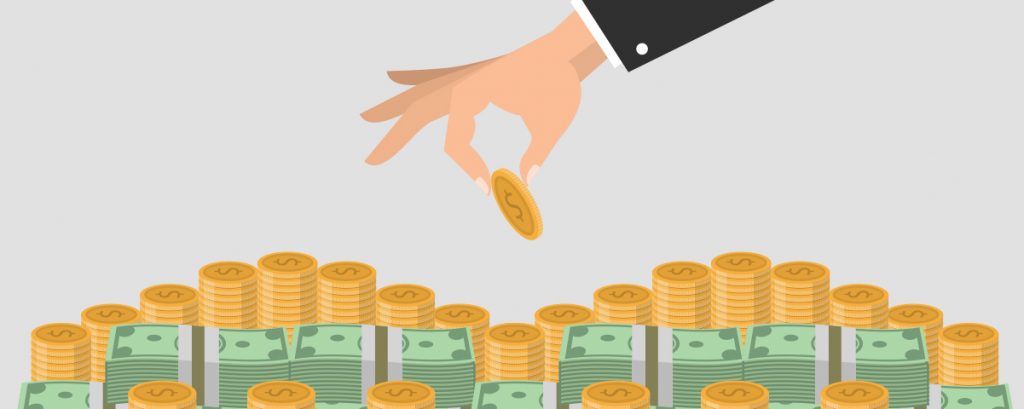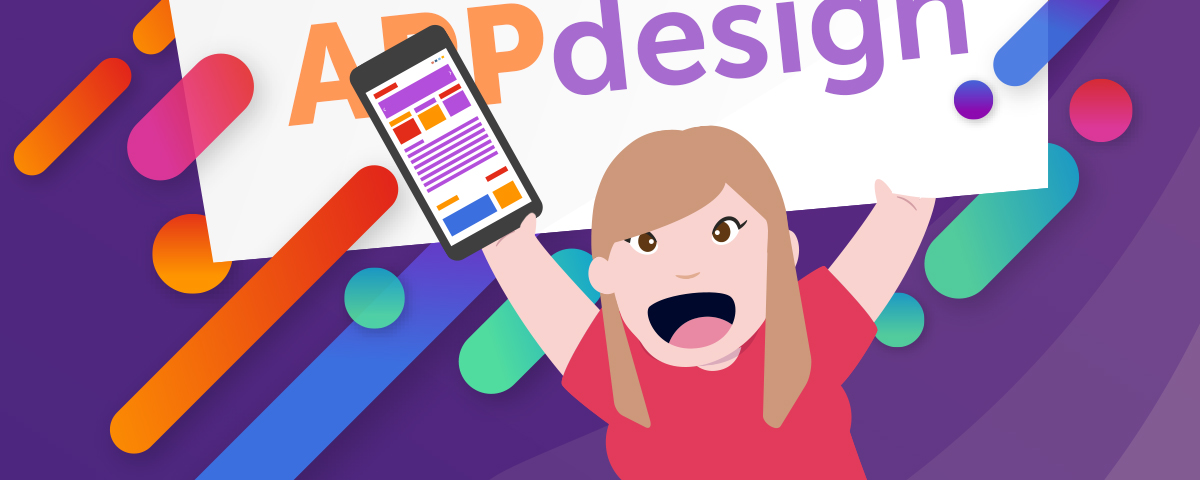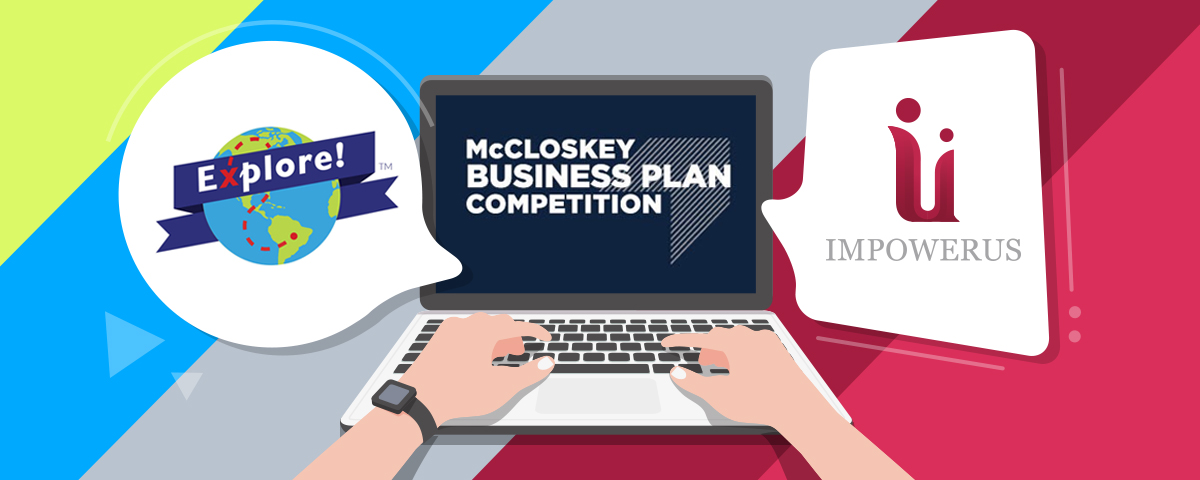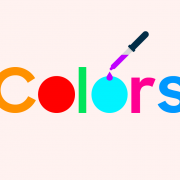When you hear the word crowdfunding your mind might immediately think of the campaigns people post on Facebook to help with their college books or spring break plane ticket. But, believe it or not, there are other ways to raise money for your small business other than posting a link on Facebook. Reward, debt, donation, and equity are four types of crowdfunding and each has its own set of benefits to bring to your company’s situation. Discovering the pros and cons of each crowdfunding source will help you make the best decision for your business. Think of it like shopping for a car compared to finding a gas station. Buying a car forces you to evaluate your finances, family situation, location, gas mileage, features, etc. Whereas choosing a gas station could be as simple as pulling into the first one you see.
Reward
If your business is focused on a product you might want to consider the reward crowdfunding option because it gets the product in consumer’s hands. A consumer makes a donation and depending on the amount they give, they receive a reward. A small donation might reward them with a laptop sticker or keychain. A big donation might reward them with the actual product or apparel. Kickstarter is a popular platform that uses this crowdfunding method. Our client, Mouse Book Club, has seen much success using Kickstarter as a crowdfunding resource. The reward approach makes donors feel like they get something for their money and increases product awareness. However, this solution is not encouraged for everyone because if you aren’t selling a tangible product other options might be more beneficial.
| Pros | Cons |
| Product awareness | Select business models |
| Donation return | Unsatisfying rewards |
| Donation levels |
Debt
Debt is also commonly referred to as a loan. Someone (family member, friend, or donor) lends you money and when you’ve got both feet on the ground, or by a predetermined date, you pay them back. This is a high-risk method for the donor because if things start spiraling downward they might never get their money back. The entrepreneur likes this method because he doesn’t have to give the donor anything in return, he just needs to be able to pay him back in the future. The lender will want to ensure your business plan is solid and will lead to success. They might also require a proof of concept or prototype so they have a better understanding of where their money is going and to offer validity to your idea. Debt is a good solution for companies with a defined need for money, strategy for what to do with it, and a plan to pay it back.
| Pros | Cons |
| Great for startups | High risk for donor |
| Defined need for money | Brings on more debt |
| Receive now, return later |
Donation
Donation crowdfunding is when a donor gives money to you without expecting anything in return. This is a favorite crowdfunding method among every entrepreneur because they aren’t expected to reward the donor with anything other than to grow a successful business. This method is commonly used by platforms such as GoFundMe or Fundly. Entrepreneurs might find it more challenging to find donors using this crowdfunding approach because of the question, “What’s in it for me?” In response to this question, you could explain how important their donation is for your growing business and there won’t be further responsibility or relationship ties.
| Pros | Cons |
| No responsibility on entrepreneur | More difficult to find donors |
| No future relationship |
Equity
The crowdfunding method that appeals the most to investors is the equity method because they give money for a piece of the company in return. The best example of this method is Shark Tank. An entrepreneur walks into the tank and pitches his idea to four or five investors (sharks). In which they respond with an offer of how much money they’re willing to invest and what percent of the company they want equity in. Some entrepreneurs would rather wholly own the company, therefore equity is not the best approach for them and they should consider one of the options discussed previously. However, because many investors are more willing to invest with this approach it makes it much easier to find investors and larger investments will be made.
| Pros | Cons |
| Easy to find investors | Share business ownership |
| Donation return | |
| Larger investments |
All of this information is helpful but the looming question is how do you actually secure the funds once you’ve determined the best approach for your business?
Build a Prototype
Prototypes bring a number of things to the table but at the top of the list is validity. Prototypes prove to potential investors or donors that your idea is possible and moving in the right direction. Our team has worked with hundreds of entrepreneurs to build prototypes to use for presentations, fundraising, and gathering feedback. Reach out to us here if you’re ready to put your idea into action!
Crowdfunding Platforms
Crowdfunding platforms are a great place to get started if you’re new to the crowdfunding scene. As mentioned above Kickstarter is a well-known platform for ambitious entrepreneurs. Businesses have also experienced success using donation-based platform GoFundMe. For example, Roundhouse Café raised $65,000+ in just two short months to re-open what is known as “the soul of the town”. There are many resources available to make crowdfunding as successful as possible so make sure to do your research to find the best for your business.
Venture Financing/Incubators
We have seen much success come to the startups we’ve worked with who have applied to incubators or received venture financing. Incubators, such as 1871, help small businesses grow through mentoring, advising, networking, and sometimes funding. Venture financing is very similar to equity as we described above. One of our client’s, Tovala, just raised $9.2 million in venture financing.
The beauty of crowdfunding is there’s not one way to do it. You can tailor it to fit the current needs of your business. Take a good look at the pros and cons of each crowdfunding method and compare that to your business model to help determine which path to take. A prototype is a great first step to prepare your crowdfunding portfolio and we’re enthusiastic about getting startups on the right track – so reach out!
Rachel is the team lead of Client Services at FarShore. She works closely with her team members to ensure every project is a success by overseeing the day-to-day operations of the project and managing the relationship between our team and the client. When she’s not working you can find her playing with her daughter or reading a good book!














